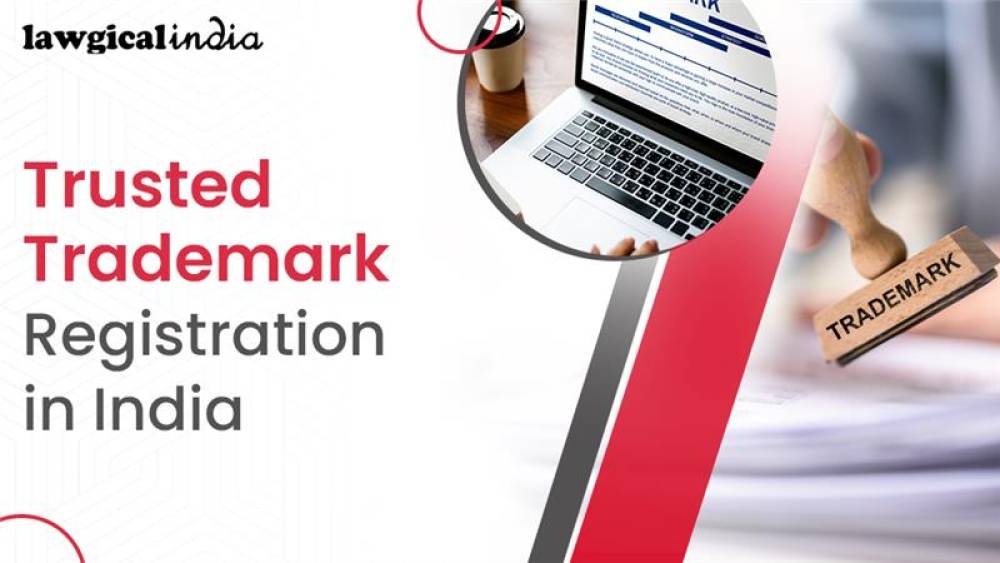What is a Section 8 company registration?
A non-profit organization (NPO) can be enlisted under the Registrar of Societies or as a non-profit organization under Section 8 of the Company Act,2013. The primary purpose of Section 8 Company registration is to promote the objectives of non-profits such as trade and commerce, Science and arts, education, charity, religion, environment protection, social welfare, sports research, etc. For Section 8 Company registration, a minimum of two directors are required. Also, there is no necessity for minimum paid-up capital in Section 8 Company registration.
If there are any profits from such companies, they should use them towards promoting the company's objectives and not distribute them as dividends to its shareholders. A Section 8 Company registration is the same as the Section 25 Company, according to the old Companies Act 1956. Now, according to the new Companies Act of 2013, Section 25 has become Section 8.
Documents required for section 8 company registration
- DSC and DIN directors.
- Goals and proposals of the company's work.
- Financial statements such as assets and liabilities for five-year projections.
- Personal documents of directors.
- For documents on the address of the registered office, see the rental agreement or purchase agreement in the name of the company and utility bills not older than two months.
- Like other companies, a Section 8 company has to file an ITR, but the question is which ITR is applicable for a Section 8 company and how to file it. In this article, we will discuss which ITR is applicable for section 8 companies or which ITR is applicable for NGOs. We will discuss ITR filing section 8 company or ITR filing NGO.
ITR is applicable for section 8 companies, and ITR is applicable for NGO
- ITR-7 is relevant for persons, including companies required to furnish returns under Section 139(4A) / Section 139(4B) / Section 139(4C) / Section 139(4D) / Section 139(4E) / Section 139(4F).
- Section 8 companies and other non-profit organizations should submit the ITR-7 form.
- Eligibility for ITR filing section 8 company and ITR filing NGO.
- Any individual who receives income from property held by any statutory duty in whole or part for religious or charitable purposes must file an ITR as per section 139 4A.
- A political party is required to file an income tax return under section 139 4B if its total income exceeds the maximum amount exempted from income tax without taking into account the provisions of section 139A.
- An ITR under section 139.4C is filed by an intelligence agency, a scientific research association, an institution or organisation referred to in section 10.23B, an institution or university or trust, or any other educational institution, hospital, or medical institution.
- Each educational institution (college, university) that is not required to report income or loss according to the other plans of this particular section is required to file a tax return under section 139.4D.
- All business trusts that are not required to provide a return of loss or income according to any other plan of this particular section should file a tax return under section 139.4E.
- Each investment fund referred to in section 115UB shall file an income tax return under section 139.4F. Under no other plan of this particular section is required to provide loss or recovery.
Documents required for ITR filing section 8 company or ITR filing NGO
- PAN card of the charitable institution or NGO
- Details of the directors of the Section 8 company or NGO
- Payment and receipt statement
- The previous statement, if filed any
Exemptions and reliefs are given for ITR filing section 8 company and ITR filing NGO.
As per the Companies Act, 2013
- The membership of directors in Section 8 of the Company shall not be taken into account when calculating the maximum number of members of the board of directors set out in Section 165 of the Companies Act.
- A general meeting can be convened with 14 days' notice, not 21 days.
- Instead of four meetings yearly, according to § 8, the company can convene at least one meeting every six months.
- According to § 8, minutes of the board of directors meetings, general sessions, and other resolutions are not required for the company. However, the time of the meeting shall be recorded 30 days after the end of the session if the company's articles of association offer confirmation by disseminating the minutes.
- Section 149.1 of the Companies Act is inapplicable to companies under Section 8; therefore, they are not required to appoint an independent director. In addition, for the above reasons, the company's audit committee is not required under Section 8 to include independent directors on its board.
Section 8 entities are not required to appoint a certified company secretary.
It is also not subject to secretarial standards.
Section 8 of the Company is not subject to Section 178 of the Companies Act. which means Section 8 companies are exempt from the requirement to have a compensation committee and trustees or a committed stakeholder relationship.
As per the IT (Income Tax) Act of 1961
Section 8 A company is exempt from specific income tax requirements if the main business of the company is for "charitable purposes," as defined in section 2.15 of the Income Tax Act 1961. They are also entitled to various additional tax reliefs and deductions under the Act of Income Tax Act 1961 (Section 80G).
Below is a list of exemptions or reliefs that each Section 8 company may receive:
According to Section 8, Entities must pay significantly lower stamp duties than other companies. Under the Income Tax Act, 1961, Section 8, corporate contributors are entitled to a 50 percent tax benefit on their contributions.
The validity is one to three years, as mentioned in Section 80G. Assume that a Section 8 entity is documented under the Income Tax Act (Section 12AA), in which case the profits are entirely exempt, and no taxes are charged to the company.
Every year, the central government introduces various regulations to provide more favourable tax-exempt conditions to non-profit organizations.
Lawgical India is the best legal service company to help you with ITR filing NGO. They have been in this business for a long time and have great expertise and an excellent track record. Lawgical India will make your ITR filing section 8 company easy and fast. They also provide Section 8 company registration services and many other online legal registrations. Lawgical India is the best choice for your business.











No comments yet. Be the first to comment!